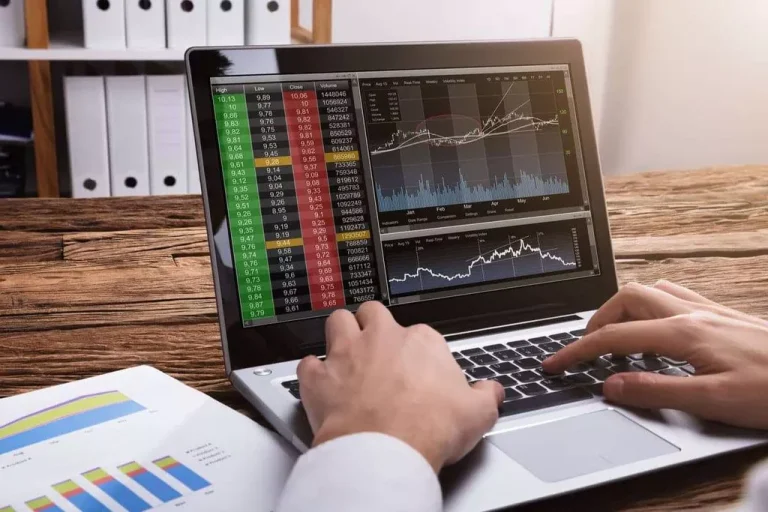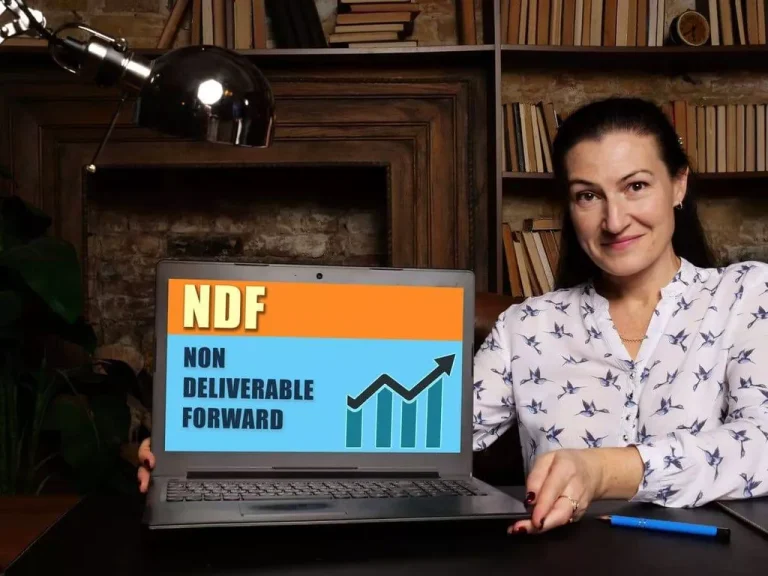Content
Market competition helps maintain fair pricing in the market. One function of market makers is to ensure orderly trading of publicly listed securities, particularly during Initial Public Offerings (IPOs) or other capital raising activities. The market makers buy shares at types of brokers in forex a lower price and sell them at a higher cost. The higher this difference or spread is, the more is the earning. Thus, they are believed to be manipulating the price, sometimes as per their interest. These market participants become sellers to interested buyers and buyers to interested sellers.
Is Ford a Millionaire Maker Stock?
SME IPO market makers have to specify quotations for 75% of the time on every trading session for a minimum period of 3 years post the shares listing. Although the bid-ask spread seems small due to high trading volume, market makers generate substantial profits from the trades. The market makers of the issue provide two-sided prices, buy and https://www.xcritical.com/ sell prices for SME shares. The difference between the bid and ask price is called the spread, which represents the market marker’s profit. Every SME IPO, has a minimum of 5% of the issue size reserved for market makers.
How market makers improve the market
For example, Initial exchange offering they might begin by pricing a share at 198p-199p. And they might find that the number of buy orders doesn’t match the number of sell orders until the price gets down to, say, 194p-195p. Market makers facilitate efficient and timely execution of trades. Without them, it would be challenging for large orders to be executed without significantly impacting the asset’s price.
Market Maker Reservation Portion
Suddenly that UK stock may not look as attractive to buyers with a bid price of 199p. Meanwhile, to sellers, an ask price of 200p might appear extremely favourable in light of that bad news. Like any other product or service that is traded, the prices set by market makers are influenced by the level of supply and demand. The content of this article is provided for information purposes only and is not intended to be, nor does it constitute, any form of personal advice. Investments in a currency other than sterling are exposed to currency exchange risk.
- The spreads between the prices a retail trader sees in bid-ask quotes and the market price go to the market makers.
- Essentially, this market maker pays your brokerage firm to get your order.
- As they provide liquidity and facilitate trades, they also engage in proprietary trading to generate profits for themselves.
- Market makers are the unsung heroes of financial markets, serving as the bedrock of liquidity, stability, and efficiency.
- The competitive nature of the market maker landscape serves as a boon to traders and investors.
If it receives a sell order, it buys shares at its quoted price and adds them to its inventory. It will take either side of a trade, even if it doesn’t have the other side lined up right away to complete the transaction. «Market maker» is the broad term used to describe the parties, whether firms or individuals, whose primary function is to keep markets running in a smooth and orderly manner. Their role is to be the buyer to your seller, or the seller to your buyer. Investors who want to sell a security would get the bid price, which would be slightly lower than the actual price.
This statistic deems that over time 80 per cent lose, 10 per cent break even and 10 per cent make money consistently. Market takers tend to turn over their positions less frequently than market makers and, therefore, generally are less concerned about trading costs. Sponsoring Market Maker activities are regulated by the Securities and Exchange Commission (“SEC”) as well as by FINRA. FINRA oversees registration, education and testing of market makers, broker- dealers and registered representatives. Market makers can present a clear conflict of interest in order execution because they may trade against you.

The market maker is often tasked with providing liquidity for an asset and securing consistent interest from buyers and sellers for the said asset. The firm or individual provides bid and ask prices in relation to the market size of the underlying asset. They offer buy and sell orders, which promotes liquidity in SME stocks and stimulates trading activity. The two-sided quotes provided by market makers help to maintain the fair value of shares. While they are not authorized to maintain securities prices, continuous trading contributes to better price discovery. Balancing the benefits of liquidity provision with concerns about market manipulation, information asymmetry, and systemic risk remains a complex task for regulators and market participants alike.

A market maker is an individual or broker-dealer that operates on a stock exchange, buying and selling shares for their own account. Market makers earn a profit both from collecting the spread between the bid and ask prices of a security and also from holding inventory of shares throughout the trading day. A market maker is an individual or broker-dealer that operates in the peripherals of a stock exchange, buying and selling shares for their own account.
This prevents abrupt and extreme price swings, ensuring that markets remain orderly and stable. In times of volatility, market makers provide liquidity and depth when other participants may not—ensuring markets stay resilient. Market makers—usually banks or brokerage companies—are always ready to buy or sell at least 100 shares of a given stock at every second of the trading day at the market price. They profit from the bid-ask spread, and they benefit the market by adding liquidity.
Critics argue that their substantial influence on prices could be exploited to manipulate markets for their benefit. Regulatory authorities closely monitor market makers to ensure that their activities are in compliance with laws and regulations. Beyond their role in enhancing liquidity, market makers serve as essential pillars underpinning the functionality and efficiency of financial markets. Their multifaceted contributions extend to a range of critical aspects, solidifying their irreplaceable position within the financial ecosystem. Market makers are individuals or entities that act as a medium of connection between two parties interested in buying or selling shares.
The market makers must follow the same to operate as an authorized trading body. In the United States, the Securities and Exchange Commission (SEC) approves and takes care of the legal perspectives of the financial markets. Regardless of an individual asset’s popularity, market makers provide liquidity to meet whatever level of investor demand might exist. In return for providing this essential function, market makers are able to profit by capturing the spreads between bid and ask prices.
A one-cent profit gained is an opportunity taken away from another market maker who’s hoping for a two-cent profit. All five exchanges have a wide bid-ask spread, but the NBBO combines the bid from Exchange 1 with the ask from Exchange 5. As liquidity providers, market makers can quote or improve these prices. They provide liquidity and efficiency by standing ready to buy and sell assets at any time.
Or that your watchlist has grown to the size of a football field. You might have seen the effects of their work — stocks moving in ways you couldn’t understand.

